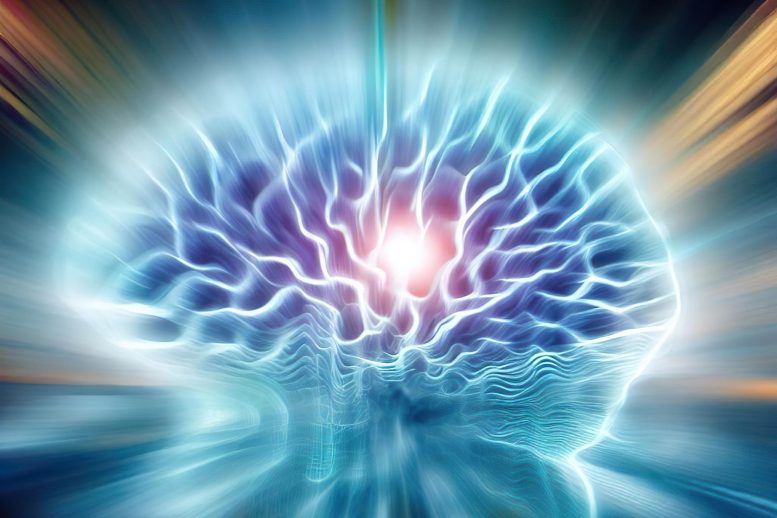
The human medial temporal lobe (MTL), crucial for memory, varies significantly across individuals making its study challenging. A recent study used in-depth imaging on individual subjects to discover new cortical networks associated with the MTL, revealing insights into human memory and potential evolutionary developments.
The medial temporal lobe (MTL) houses the human memory system. Broadly, it contains the hippocampus, parahippocampal cortex, perirhinal cortex, and entorhinal cortex.
“One big challenge in studying the MTL is its great anatomical variability across people. Therefore, prior studies that were using group-averaged data, blurred fine anatomical details between different subregions of the human MTL that are located in close proximity to each other. It is like studying face structure by averaging 1000 different faces together. We will get important organizational principles of a face – where the eyes and the nose are located, where the mouth is, but we will completely lose idiosyncratic important details,” explains the study’s first author, Daniel Reznik of MPI CBS.
According to him another challenge in studying the MTL in humans is that this brain region is strongly affected by susceptibility artifacts, therefore the ability to get good-quality signals from this brain region is highly limited. In the current study, the scientists solved these challenges in MTL imaging and finally explored the distributed cortical anatomy associated with different subregions of the human temporal lobe in individuals.
“So instead of collecting data from many different people, we collected a lot of data from the same individuals, which dramatically increased the anatomical precision of our study. We combined our expertise in high-field imaging, neuroanatomy, and cognitive neuroscience and examined MTL anatomy in great detail. This allowed us to identify cortical networks associated with the human medial temporal lobe that were unknown to previous human memory research.”
Daniel Reznik concludes and adds: “Similar cortical networks also exist in animals and perhaps the most exciting finding is that we have now evidence for potentially new cortical pathways in the human memory system compared with non-human primates.”
Christian Doeller, Director of the Department of Psychology at MPI CBS, adds, “These new findings are important since even after many years of research into human memory, no one really knew how the regions in the MTL are connected with the rest of the human brain. Connectivity of the entorhinal cortex is of particular interest for us since this is one of the first brain regions affected by Alzheimer’s disease. Our discovery defines the anatomical constraints within which human memory functions operate and are informative for studying the evolutionary development of temporal lobe circuitry in different species. For example, data from non-human primates show only slight connections between the entorhinal cortex and the frontal cortex in comparison – in contrast, we found that these connections are more pronounced in humans.”
Daniel Reznik adds: “Since one of the networks connected to the human entorhinal cortex is also involved in social processing, we suspect that it is an evolutionarily young network that may have evolved after the extensive expansion of the cortex in humans.”
Reference: “Dissociating distinct cortical networks associated with subregions of the human medial temporal lobe using precision neuroimaging” by Daniel Reznik, Robert Trampel, Nikolaus Weiskopf, Menno P. Witter and Christian F. Doeller, 29 June 2023, Neuron.
DOI: 10.1016/j.neuron.2023.05.029

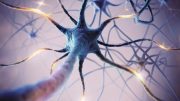
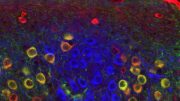

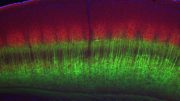
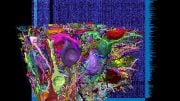
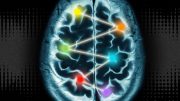
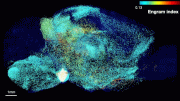
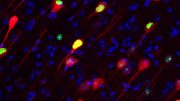
It is an excellent presentation
Could you inform as to size of ventricles? What should be the ideal size? What if it is marginally bigger?
What. Is cavernoma?can it be shrunk if not fully removed otherwise than by surgery?
A line on those aspects of brain would be highly appreciated
Thanks
V Sridhar
[email protected]